|
An evocation on guilt, obligation, and retribution, Marco Bellocchio's The Traitor is a mafia story which feels familiar yet unique, taking a complex narrative which could have easily felt uneven or overwrought and making it taut, immersive and emotionally resonant. Constructing its formalist and structural designs holistically around its principle characterization of Tommaso Buscetta, the first mafia informant in Sicily, The Traitor manages to be an incisive film when it comes to ego, detailing how fragility isn't diametrically opposed to ego but congruent. Notions of duty, obligation, and honor, conflict and contrast with his subjective morality, as the main protagonist of this story struggles with ethical imperatives related to retribution. Emotionally resonant due to the introspective lens which the film places on this complex character, The Traitor never strays into melodrama, recognizing how his personal flaws are what make him not only interesting but compelling, his pride being a barrier to emotional availability but also an instructive force which ultimately drives him to finish what he started as an informant. Subtextually, the film provides a nuanced examination of institutional power, uninterested in crude or binary moral claims associated with public -the state- or private- the mafia in the context of this story. The Traitor instead grasps with the social, political, and social entanglements of any institution of a specific historical magnitude - in this case the Mafia being embedded into Italy itself - exhibiting the corrosive nature intrinsic to authority and how the tentacles of power, authority and ultimately control have no such allegiances, being only loyal to itself in the quest for more. Aesthetically speaking, Bellocchio and company employ a meticulous and rhythmic visual schematic; Wide compositions juxtaposed with heavy use of empty space invoke the fulcrum of this character's cognitive experience, expressing through visuals the emotive nature of a once deeply connected and powerful man now largely on his own, standing up against one of the most powerful institutions in the world, the 1980s Silician mafia. A mafia story that isn't really about the mob, The Traitor is an exquisite piece of epic scale filmmaking which manages to touch on a lot of interesting concepts related to institutional power, authority, and perhaps most incisively, how fragility isn't in conflict with but is a part of ego.
0 Comments
A story about identity at its core, Nadav Lapid's Synonyms is incisive in moments, but holistically it feels rather slight, a bit silly, and at its worst utterly pretentious in its brazen aesthetic designs which amount to very little outside of instilling emotional detachment in the viewer from the humanistic component of its story. A sterile, meticulous directorial style unfortunately impairs the overall experience far more than it invokes the psyche of its main protagonist. The story of a young man who emigrates to France from Israel to flee his nationality, one which he has grown to despise, Synonyms exhibits the violence of pure notions of assimilation through this character who is looking for rebirth through a change in citizenship. The entanglements of identity are not easily obfuscated, even when they themselves are complete abstractions, such as the case with nationality, and through this juvenile main protagonist, Lapid exhibits the illogical nature of such types of attachments, regardless of the complementary or pejorative connotations of perception. The moral attachment this character experiences for the foreign Paris over his native Israel is emotionally understandable but intellectually illogical, as Lapid constructs this character with explicit directorial flair in which he feels more like an inanimate, malleable instrument, one which is well performed by Tom Mercier, but one that is not particularly well crafted in its characterization. This effect makes this human story feel inorganic in stretches, striping the film of its emotional agency and relying too much on its thematic commentary in a work that needs both to truly succeed on a fundamental level. Nadav Lapid's Synonyms is the type of film I probably would have been enamored with a decade ago, and while I have extremely fond memories of his previous films, my response to his style this time around makes me somewhat wary of re-watching his prior work.
Injecting buddist mythos and the metaphysical world into a familiar noir framework, Dechen Roder's Honeygiver Among The Dogs appropriates the formalist and structuralist schematics of the genre with enticing results that announce this first-time filmmaker as someone to watch. The stark and constricted spatial aesthetic associated with noir is effectively turned-on-its head, substituted with the lush, tranquil haze of the Bhutan landscapes which invoke a similar sense of intrigue and mystery through an aesthetic which feels more ethereal than ominous. From a narrative perspective, the film is very much in the same vein as classical noir sensibilities, yet in grafting this genre onto her own experiences, culture, and personal perspective, Dechen Roder has created something which feels familiar yet distinct, one in which the ontological lens of our main protagonist is in constant conflict. The material and spiritual worlds are in contention from within, as this police detective attempts to learn "the truth" in the material world which in turn leads him to introspection and in turn, a sense of enlightenment.
At the cross-section of the discursive strategies for human progress born in the fires of the enlightenment, Pietro Marcello's Martin Eden is a rapturous examination of humanity's seemingly eternal struggle, one which firmly revives the period drama through its intoxicating formalism and stunning central performance. The story of a young writer who finds himself stuck between two distinct worlds, unwilling to succumb to authoritative ideals of human progress in which oppression lurks behind the ideals of social, political, or economic change, Martin Eden manages to be intimate yet exhaustive, featuring a sumptuous cinematic language of vitality and romanticism in which one man's ethical conviction leads him down a path of alienation. Intoxicating yet incisive, the true power of ideas is a salient theme which reverberates throughout the film's structuralism and yet the film recognizes the destructive aspects of such power, being confrontational towards vapid notions of utopian political or economic rhetoric. Pulsating with ideals centered around mutualism, libertarian socialism, and anarchism while wisely never being heterodox in approach, Martin Eden's narrative trajectory and denouement posits much of humanity's contentious nature as not only a biproduct of social stratification but perhaps more importantly humanity's hubris when it comes to our relationship with our ecological environment. Incapable or unwilling to accept the destructive nature of humankind's penchant for control, power, or authority over nature, Martin Eden's personal journey of self discovery - class stratification purveyed through a doomed bourgeoisie romance and his rejection of collectivist proclivities centralized power - becomes an astute yet cynical amalgamation of humanity, one in which self-destruction is driven by dogma and hubris - utopian ideas placing too much weight on the ubiquitous nature of unadulterated "good" or "progress" driven by our believe that we can transcend nature.
An affront to puritanical sentiments centered around sexuality and pleasure, Albert Serra latest film, Liberte, continues the filmmakers exploration of the body, delivering a pointed provocation which rejects the diametric Freudian psychoanalysis of mind and body in which the mind must subjugate the desires of the flesh in order to reach enlightenment. Exhibiting the polycentrics of pleasure in which perversion is detached from the pejorative, Liberte provokes and prods the audience's social constructions of acceptability as it pertains to sexuality, exhibiting how perversion itself is in a sense a fabrication, dictated by-and-large by the pressures of respectability politics and a false sense of morality. The setting -desolate woodlands- work in unison with Serra's rich formalist designs, figuratively and literally expressing the nature of such a crude dichotomy of mind and body in which pleasure is pushed into the shadows, subjugated by the authority of the majority due to the false promises of ascetic, intellectual rigor which in turn obfuscates the boundless nature of pleasure, liberation, and experimentation. Taking place almost entirely over the course of one night of unadulterated indulgence, Serra's film could have easily become tedious or felt monolithic but it never does due in large part not its comedic banality which serves as a neutralizing agent for the unease most likely felt by many viewers who aren't used to such unrestrained sensuality. The denouement of Liberte is purely visual yet powerfully astute - daybreak comes, the cascading beams of sunshine bringing the forest to the foreground serves as a symbolic recognition of the performative nature of society in which our true selves are regulated to the shadows due to societal constructions rooted in the authority social acceptance.
A clever, surrealist spin on the battle-of-the-sexes farce in which a lonely woman, while courting a potential suitor, invites the literal devil into her home, Ester Krumbachova's The Murder of Mr. Devil is a striking, outre vision of feminine liberation. Machismo and male chauvinism are heightened and lambasted accordingly, with Killing of the Devil delivering a pointed and potent display of male hubris. There is a directness intrinsic to this film in part to its narrative simplicity, with the film be focused on the courting process using it as a device for its thematic intentions centered around empowerment and liberation. Straightforward but still incisive, Killing The Devil exhibits an understanding of the transformative nature of such societal power when wielded by one faction, displaying through its farce-like construction the deteriorating effects machismo has on femininity, particularly how fragility isn't intrinsic to the female form but a reaction to its allotment as a secondary societal status. Draped in surrealism and art direction which has grown to be relatively synonymous with Czech cinema from this particular epoch, Killing The Devil is a singular formalist construction in which female empowerment is encouraged through surrealist designs.
A deconstruction of one of the grand narratives of civilization - liberalism - Bertrand Bonello's Zombi Child is a provocative and profound experience, one which invokes Haitian pathos and Voodoo mysticism to reflect on colonialism, the global south, and abstract notions of progress. A story of reclamation, Zombi Child is pointed and pedantic from the onset, detailing the ubiquitous nature of liberty, progress, or any ideal when it is implemented in material terms. Clear-cut and resolute in establishing that history itself isn't linear but a constant and continuous struggle between the powerful and the powerless, Bonello's film draws from the life and legend of Clairvius Narcisse to tell a multi-generational story of past and present, with the ties of history reverberating throughout - a reminder that we as individuals in the present are not disparate nor detached from the past. Zombi Child is highly ambitious and while one could certainly argue it becomes a bit unwieldy in its constructional narrative cadence, the film's expansive nature is endlessly impressive, managing to be grandiose and piercing thematically while never obfuscating the intimacy of the main characterization - a Haitian-born teenager living in France. Formalistically, Bonello's film is beautifully rendered, with an aesthetic that injects an atmospheric dream-like quality in certain moments, reinforcing the themes of this film centered around an unjust world build off of exploitation and oppression while also evoking the internal psyche of its central protagonist, a character who doesn't quite fit in due to her own cultural background and unique identity. Through the central protagonist, Zombi Child traverses horror film sensibilities to deliver a poignant study of identity, one in which the implicit ostracization of the outsider is prominently felt. Assimilation is nuanced, and the film wonderfully embraces the strained relationship between one's past and present spatial and metaphysical environments, as this young woman balances these two worlds, each of which via for her identity. While Zombi Child may not be perfect from a narrative perspective, Bonello's ambitious film is one that should be praised, providing a vision of Haitian culture and a sense of liberty which is fundamentally social, one which by-and-large is not confined to any economic or political entanglements.
Céline Sciamma's Portrait of A Lady on Fire is another well made feature by the French filmmaker but unlike her previous work, this film feels far too prescriptive with the film's formalistic and structuralist components largely adhering to what one would expect from a tale of forbidden love set in the Victorian era. A sensual love story, the film lacks an aura of mystery and/or intrigue, feeling almost pedantic in its execution of a story in which repression under the patriarchy and the emotive tentacles of love are explored with meticulous resolve. Arduous yet detailed in profiling the slow evolution of companionship between its two main protagonists, Portrait of A Lady on Fire is exquisite in laying bear some of the intricacies and details of budding love, yet it feels too conventional, too straight-forward narratively and thematically, which in turn leaves the emotional strength of the film somewhat muted due to it feeling inorganic.
An immersive character study in which affect is a palpable force, Anne At 13,000 ft's formalist sensibilities invoke a level of intimacy which is rare to the character study, featuring close-ups and tight-compositions which are effectively embedded into the aesthetic. The central protagonist, Anne, is a kind and empathetic soul, one in which the audience quickly finds themselves enamored by, as the film beautifully and reveals her underlying instability related to her mental health. This instability largely casts a dark shadow over her ability to create meaningful relationships, with the film beautifully portraying how the mundane day-to-day actions many of us take for granted are horrifying and anxiety-inducing for this character. Singular in its vision, this is a film in which observation, the experience, and perceptions of its main protagonist are emphasized over narrative storytelling, providing a portrait of a young, unstable individual who struggles to find solace or support in a society full of neglect. Ambiguous, earnest, and incisive in the film's outright unwillingness to portray Anne's disorder with contempt, Anne at 13,000 ft is a quiet but angry film in its denouement, one in which its ambiguous nature hints at destructive conclusions unless systemic changes are made.
Projecting the Joker motif into a puerile social commentary, Todd Philip's film is an abrasive, thematically incoherent film buoyed by a masterful performance by Joaquin Phoenix. Formalistically the film's sensibilities embrace the early 1980s NYC epoch with an aesthetic which perfectly encapsulates the time-period, a vibrant temporal setting for the prologue of the Batman/Joker ethos to be explored. This aspect of the film is an accomplishment when viewed in this context yet it becomes increasingly at odds with the director's thematic ambitions, ambitions which are transparent in their reactionary nature to a very specific temporal place in contemporary culture. Joker in this sense feels almost at odds with itself, being a clever construction of the Joker ethos but one which is downright insulting when it comes to forming any nuanced or intelligent social critique. These two layers - Joker's origin story vs. social commentary - of course could work together in a different film, yet there is an arrogance to this film's thematic intent that is so juvenile in its understanding of social movements/unrest & mental illness that is downright offensive due to its absolutely absurd portrayal of these two specific issues which affect contemporary society. The film stigmatizes mental illness in a way which intentionally or not suggests it's one-in-the-same with psychosis, while also largely making no sense in its social commentary which I don't even have the energy to detail here for the sake of MY mental health. Simply put, Todd Phillips was trying to be provocative but really it's just insulting to the audience, naive and at its worst, offensive. The irony to me about this film is there is a lot of interesting elements - performance, aesthetic, a clever subversion of the Batman mythos - yet it comes off feeling more like a filmmaker with a personal vendetta, using his platform to whine about the state of society today without even attempting to put any effort into understanding the vast tentacles of social movements, injustice, mental illness, etc, etc, etc.
|
AuthorLove of all things cinema brought me here. Archives
June 2023
|
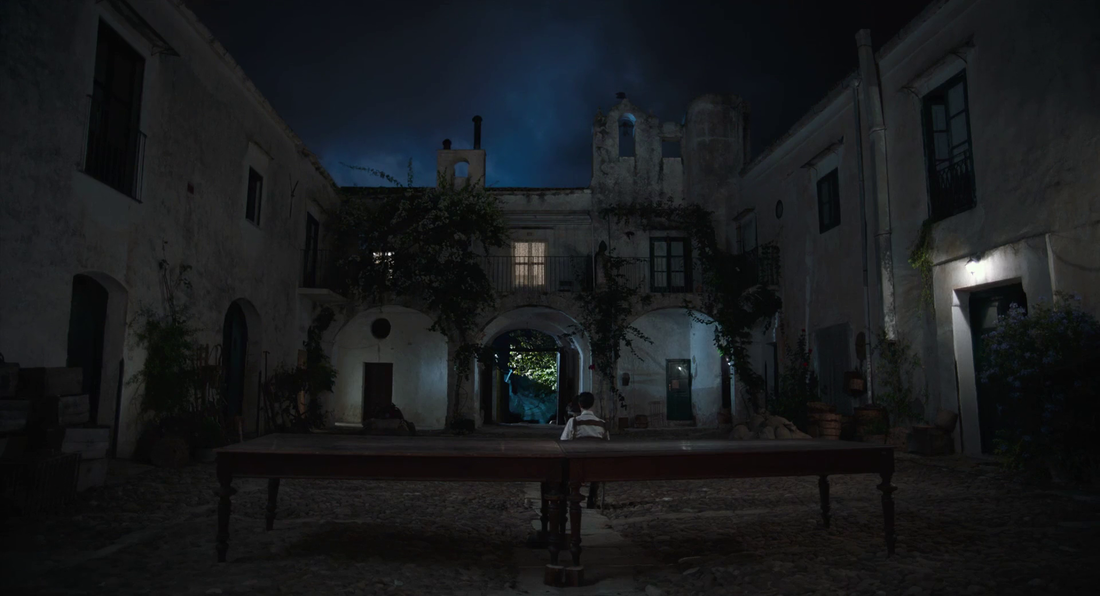


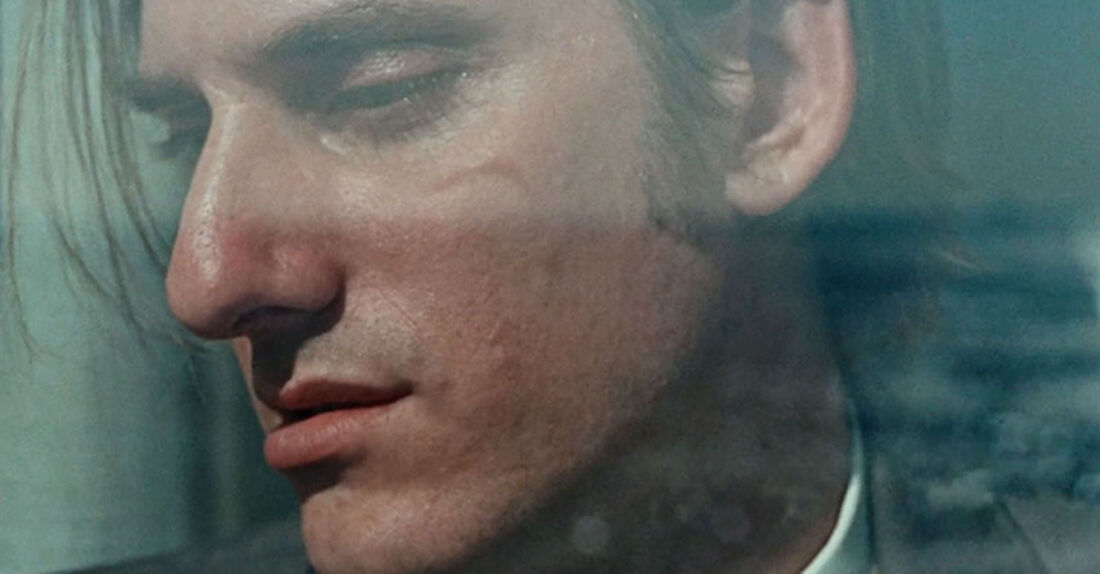
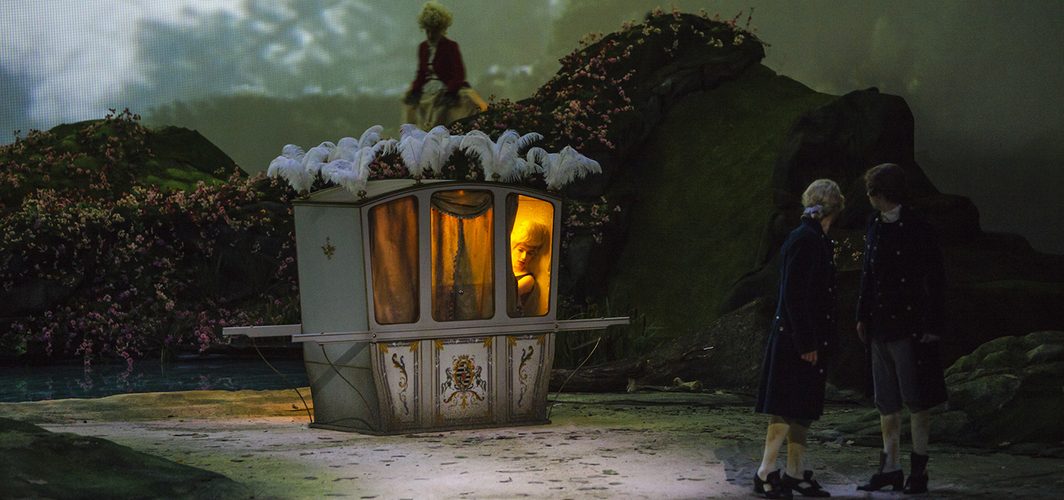
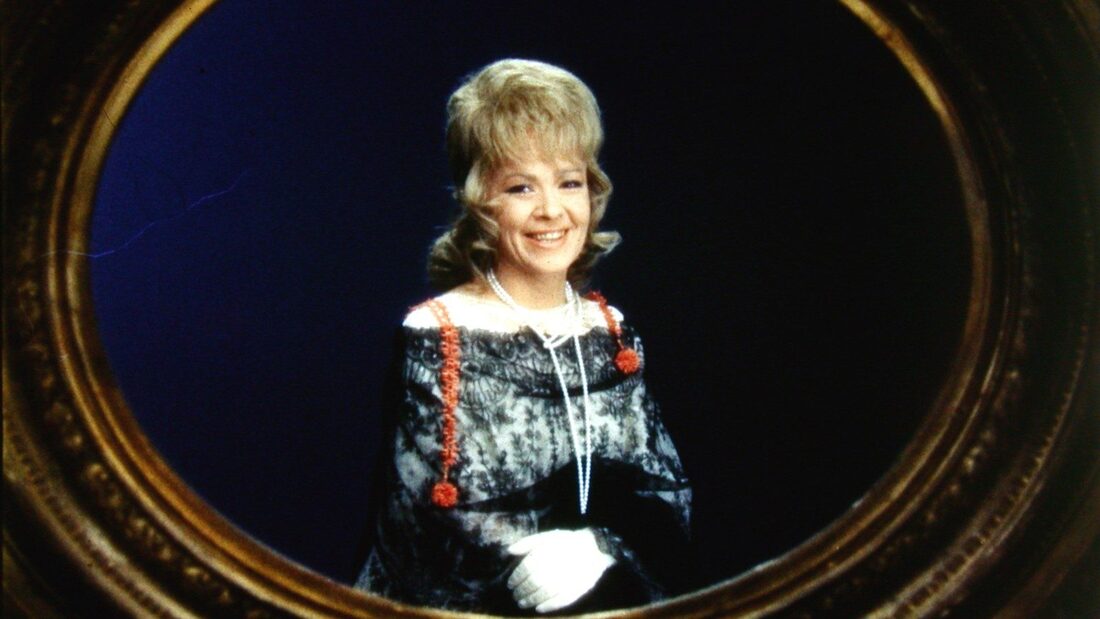
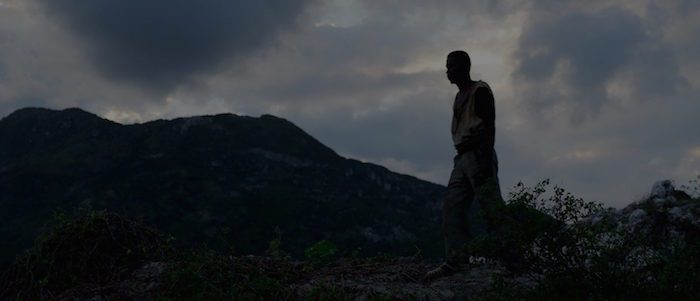
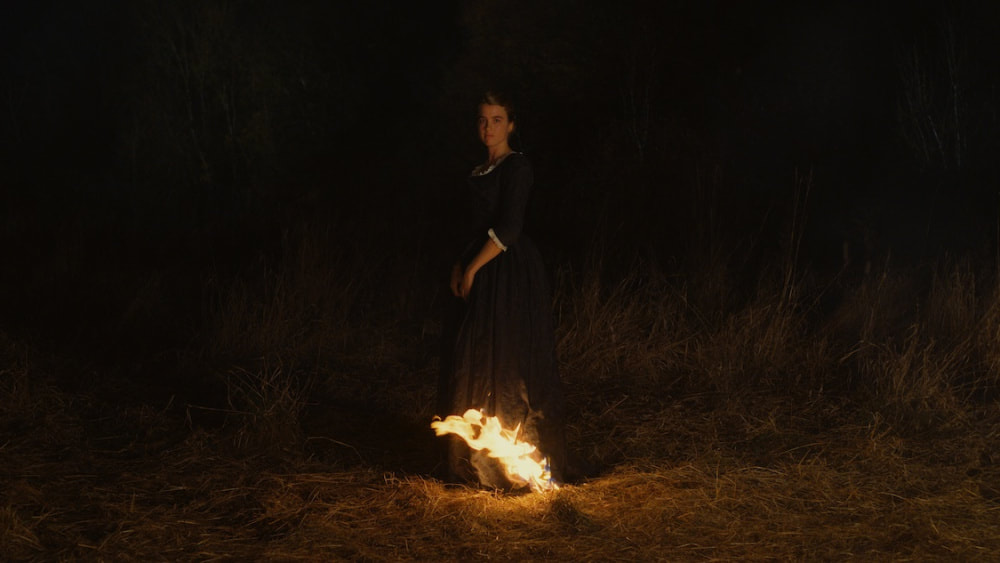

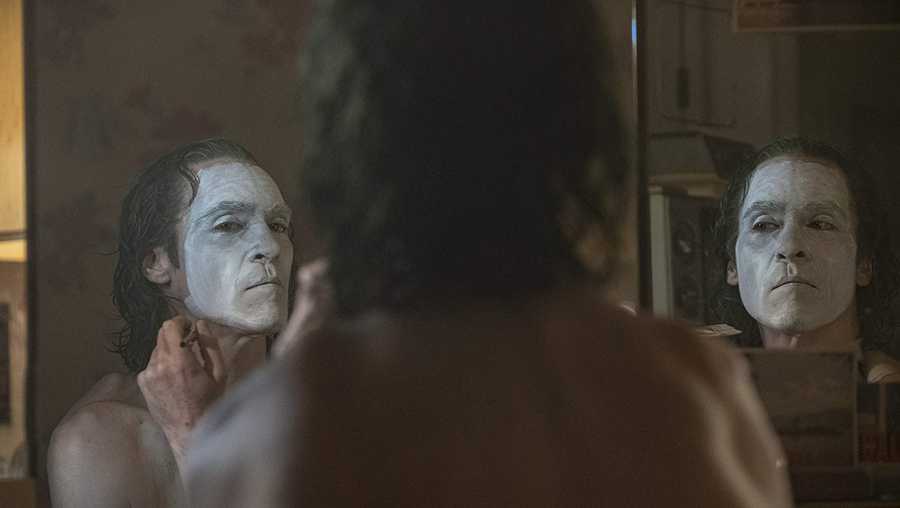
 RSS Feed
RSS Feed
